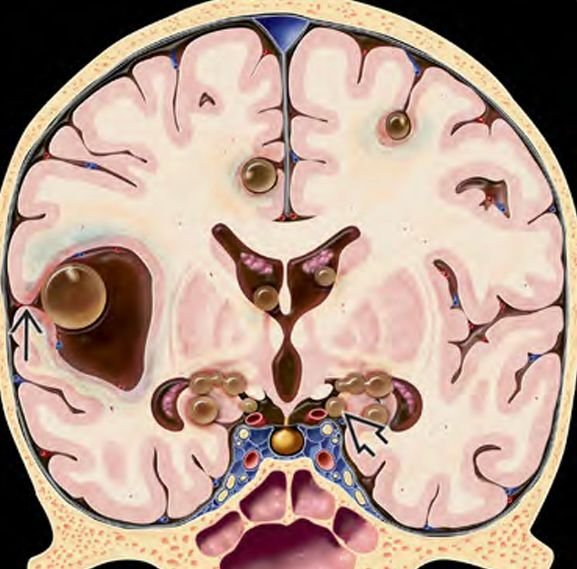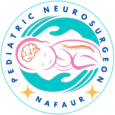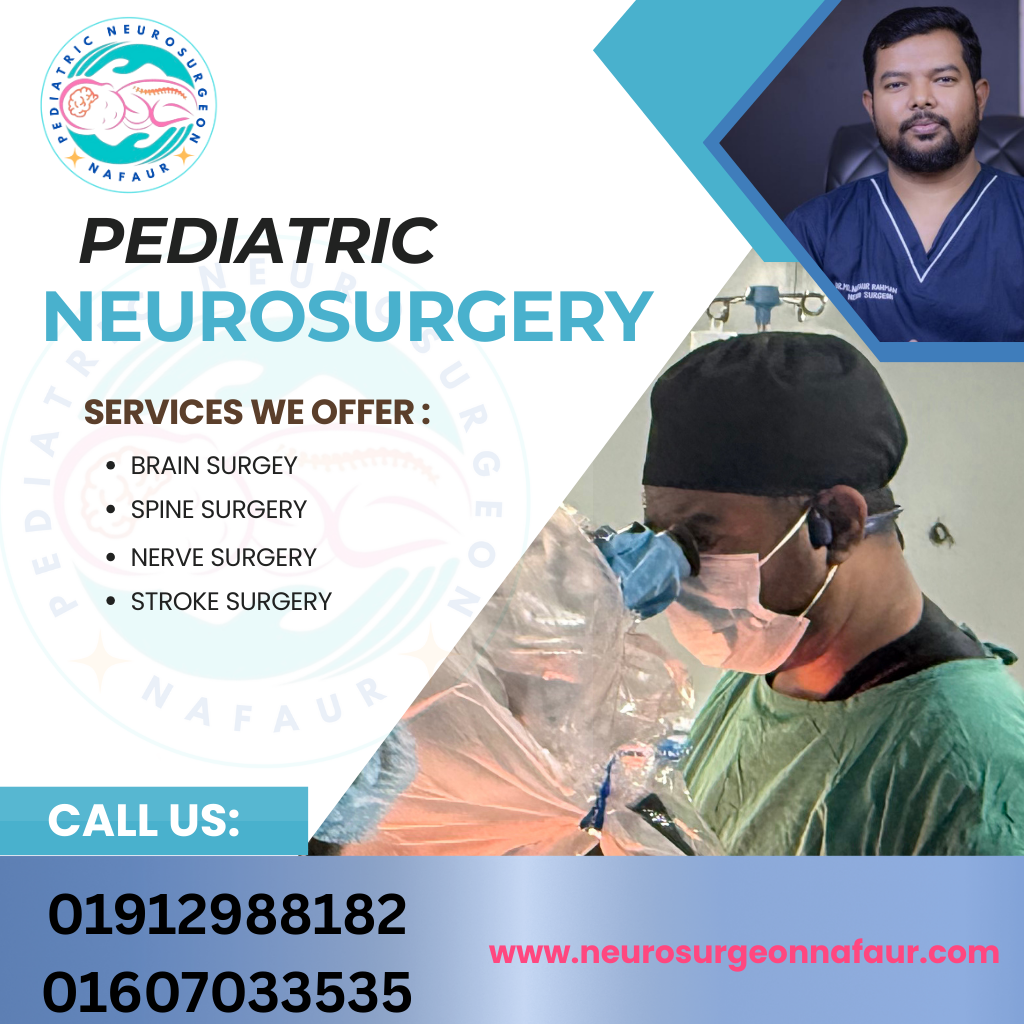Coccidioidomycosis
Coccidiodomycosis
Pediatric Coccidioidomycosis, commonly known as “Valley fever,” is a fungal infection caused by Coccidioides species. Although primarily endemic to arid regions like the Southwestern United States, awareness of this infection is vital worldwide, including Bangladesh, especially for immunocompromised children or those with travel history. Pediatric coccidioidomycosis can involve the lungs, skin, bones, and in severe cases, the central nervous system (CNS), leading to life-threatening complications requiring expert pediatric neurosurgical care. Dr. Md. Nafaur Rahman specializes in managing pediatric neuroinfections, including rare fungal diseases like coccidioidomycosis, offering state-of-the-art diagnosis and treatment in Bangladesh. Causes and Risk Factors in Bangladesh Context Caused by inhaling airborne spores of Coccidioides fungi found in soil. Although not endemic to Bangladesh, increased international travel and migration raise potential exposure risks. Immunocompromised children, including those with HIV/AIDS, cancer, or on immunosuppressive therapy, are at higher risk. Children with chronic lung diseases or malnutrition may have increased susceptibility. Lack of awareness and diagnostic facilities in Bangladesh can delay identification and treatment. Clinical Presentation in Children Symptoms of pediatric coccidioidomycosis vary based on the infection site: Pulmonary coccidioidomycosis is most common, presenting with cough, fever, chest pain, and fatigue. Disseminated disease may involve skin lesions, bone infections, and lymphadenopathy. Central nervous system involvement can cause meningitis, brain abscesses, and hydrocephalus. Neurological symptoms include headaches, seizures, altered consciousness, and focal neurological deficits. Presentation can mimic tuberculosis or other infections common in Bangladesh, complicating diagnosis. Diagnostic Strategies Accurate diagnosis requires a high index of suspicion and appropriate tests: Serological tests detecting antibodies against Coccidioides are essential. Fungal culture and histopathology of affected tissues confirm diagnosis. Neuroimaging (MRI/CT scans) identifies CNS involvement such as meningitis or abscess formation. Differential diagnosis from tuberculosis and other fungal infections endemic to Bangladesh is critical. Collaboration with infectious disease specialists ensures comprehensive evaluation. Treatment Approaches Management involves antifungal therapy and supportive care: Antifungal drugs such as fluconazole or amphotericin B are mainstays of treatment. Duration of therapy can be prolonged, often months to years, depending on disease severity and CNS involvement. Neurosurgical intervention may be necessary to drain abscesses or manage hydrocephalus. Close monitoring for treatment response and side effects is essential. Supportive care includes symptom management and rehabilitation for neurological deficits. Challenges in Bangladesh Limited awareness of rare fungal infections like coccidioidomycosis among healthcare providers. Diagnostic limitations due to lack of specialized fungal serology and culture facilities. Potential misdiagnosis as tuberculosis leads to inappropriate treatment and delays. Need for training and capacity building in fungal disease recognition and management. Socioeconomic factors affect treatment adherence and follow-up in pediatric patients. Prognosis and Follow-up Early diagnosis and appropriate antifungal therapy improve outcomes significantly. CNS involvement carries higher morbidity and requires multidisciplinary care. Long-term follow-up is critical to monitor neurological function and detect relapse. Preventive measures include minimizing exposure in at-risk children and timely management of immunosuppression. Why Choose Dr. Md. Nafaur Rahman? ✅ Expertise in pediatric neurosurgical management of complex infectious diseases. ✅ Access to multidisciplinary diagnostic and treatment facilities at NINS and Bangladesh Paediatric Neurocare Centre. ✅ Personalized care addressing medical, surgical, and rehabilitative needs of children. ✅ Commitment to improving rare disease awareness and healthcare access in Bangladesh. ✅ Patient-centered approach focusing on optimal outcomes in pediatric neuroinfections. Contact for Pediatric Coccidioidomycosis Care in Bangladesh 📌 Dr. Md. Nafaur Rahman Assistant Professor, Department of Pediatric Neurosurgery, National Institute of Neurosciences & Hospital (NINS) Chief Consultant, Bangladesh Paediatric Neurocare Centre 📞 For Consultation and Emergency Contact: 📱 +8801912988182 | +8801607033535 🌐 Visit: www.neurosurgeonnafaur.com










